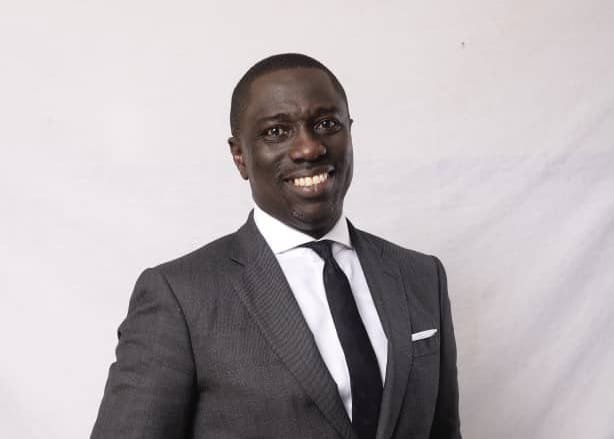Three weeks following the declaration of Senator Monday Okpebholo as the Governor-Elect of Edo State by the Independent National Electoral Commission (INEC), a pro-democracy organization has encouraged the Peoples Democratic Party (PDP) and its candidate, Asue Ighodalo, to accept the election results. Patrick Osaigbovo, the Executive Director of the Initiative for Democratic Advancement and Free Speech, made this appeal in a statement released in Abuja. This call comes amidst rising tensions as supporters of Ighodalo protested against the election outcome. The demonstrators, who assembled outside the INEC office in Benin City, carried signs declaring Ighodalo as the rightful Governor-Elect and alleging collusion between INEC and law enforcement to alter the election results.
The election results showed that Okpebholo received 291,667 votes compared to Ighodalo’s 247,274 votes, placing the PDP candidate in second position. In light of the party’s defeat, Osaigbovo expressed concern regarding the PDP’s ongoing aggression towards key state institutions—specifically targeting INEC and security agencies. He suggested that the PDP’s current strategy mimics its pre-election tactics of using propaganda to intimidate these institutions, thereby misleading the electorate. He asserted that the PDP had significantly compromised its credibility even before the election, implying that its actions during the campaign contributed to its loss at the polls.
Osaigbovo pointed out that, according to INEC regulations, the results are meant to be uploaded to the Results Viewing Portal (iREV) only after all voters have cast their ballots. He criticized the PDP for announcing its own results from their “Situation Room” prematurely—starting as early as 10 AM—while voters were still in line. This decision, he argued, created a dangerous environment ripe for post-election violence, as it appeared to predicate the outcome on predetermined results. By engaging in this behavior, Osaigbovo claimed that the PDP acted against the spirit of electoral integrity and misjudged the roles of election observer groups versus official election monitors.
He elaborated that election monitors are solely INEC’s responsibility, with observer groups fulfilling a different function, primarily to monitor and report on the electoral process without the authority to dispute results. Osaigbovo concluded that rather than continuing to contest the recent election results, the PDP should prepare for future elections, specifically advising them to refocus their efforts towards the 2028 election cycle. His comments underscore a call to prioritize respect for democratic processes rather than attempting to delegitimize the existing electoral outcome.
In response to these criticisms, Olu Martins, the Deputy Director-General of Media in the PDP Campaign Council, rejected Osaigbovo’s appeal for acceptance of the electoral results. Martins dismissed the assertion that the PDP was behind the reported dissatisfaction with the election as unfounded. He maintained that the observers involved had experience in monitoring elections and denied any claims of sponsorship by the party. He also emphasized that several observers had issued statements indicating that processes in various polling units were observed to be free and fair.
Martins’ response reflects an ongoing tension between the PDP and the institutions perceived to have influenced the election outcome. The party maintains its position that the electoral process was compromised and continues to assert its legitimacy in challenging INEC’s declared results. This confrontation illustrates the friction within Nigeria’s democratic fabric, showcasing the complexity of the political climate as various stakeholders navigated the aftermath of the gubernatorial election. As protests continue, the discourse around electoral integrity, accountability, and the role of various entities within the electoral system will likely persist, raising important questions about the future of democracy in the region.














